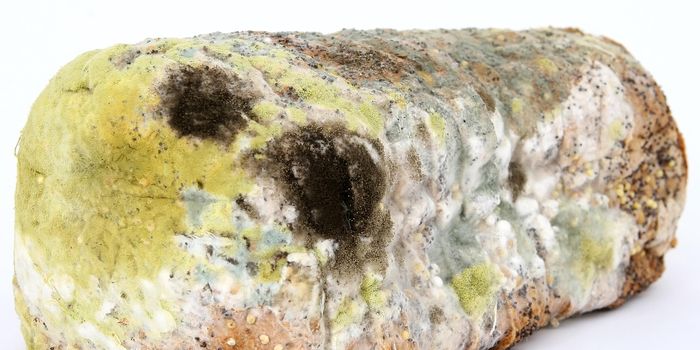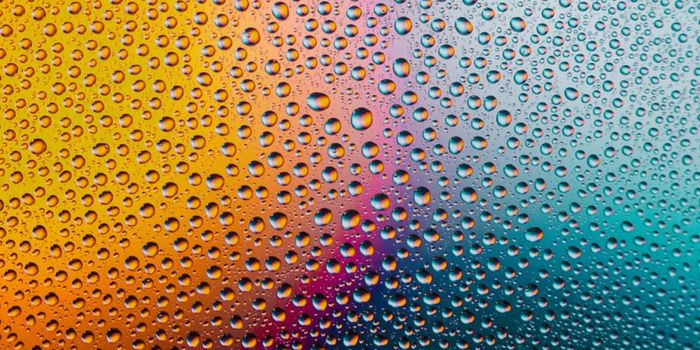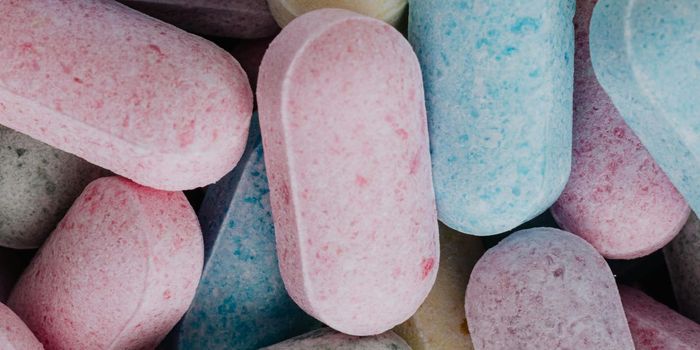It's simple, it's noninvasive and it's accurate, but it's early too. Nonetheless, a saliva test that detects Alzheimer's could become commonplace.

As related in an article by Bevin Fletcher in Bioscience Technology, researchers presented a small study of the procedure at the 2015 Alzheimer's Association International Conference in Washington, D.C this week. If successful, the test could become a simple diagnostic tool for the disease (http://www.biosciencetechnology.com/articles/2015/04/new-compound-could-offer-therapy-alzheimers-parkinsons?cmpid=horizontalcontent).
According to the Alzheimer's Association, Alzheimer's disease, the sixth leading cause of death in America, affects an estimated 5.3 million people. It is the most common form of dementia, a general term for memory loss and other intellectual abilities that interfere with daily living. Alzheimer's disease, which accounts for 60 to 80 percent of dementia cases, is a progressive disease, where dementia symptoms gradually worsen over a number of years. In the early stages of Alzheimer's disease, memory loss is mild to moderate, but in late stage, people are unable to carry on a conversation and respond to their environment (http://www.alz.org/alzheimers_disease_what_is_alzheimers.asp).
Researchers from Canada used liquid chromatography-mass spectrometry (LCMS) to analyze metabolites in the saliva of 35 people "with what is considered normal aging," 25 "with mild cognitive impairment (MCI)," and 22 with Alzheimer's disease. They identified substances that distinguished between the three types of individuals and were able to determine biomarker-cognition associations. Critical to the study was information culled from the Victoria Longitudinal Study (VLS), a long-term, large scale investigation of human aging funded by the National Institute on Aging in Canada. Investigators linked the protein data analysis back to each participant's clinical diagnosis, as obtained from VLS, and reported strong associations between certain metabolites and performance on cognitive tests, according to a news release from the Alzheimer's Association.
According to Shraddha Sapkota, a neuroscience graduate student at the University of Alberta Canada, who presented the study at the conference on Saturday, July 18, "Saliva is easily obtained, safe, and affordable, and has promising potential for predicting and tracking cognitive decline, but we're in the very early stages of this work and much more research is needed. Equally important is the possibility of using saliva to find targets for treatment to address the metabolic component of Alzheimer's, which is still not well understood. This study brings us closer to solving that mystery."
Researchers validated the results of the analysis by taking measurements on a cohort of 27 new participants. The average age of people with normal mental acuity and MCI was about 70, while the average age of people who had Alzheimer's was about 77.
As reported by CNN, some experts are concerned that the results are early and the sample size is small. Dr. Dean Sherzai, director of the Alzheimer's Disease Prevention Program at Cedars-Sinai, said, "It is extremely preliminary, and the sample is so small that the abnormalities could have been incidental. It has to be replicated in a larger population."









